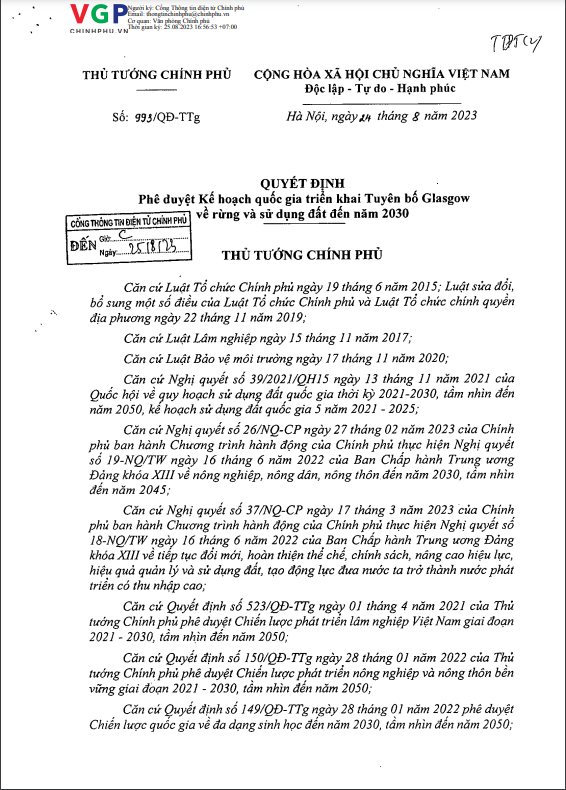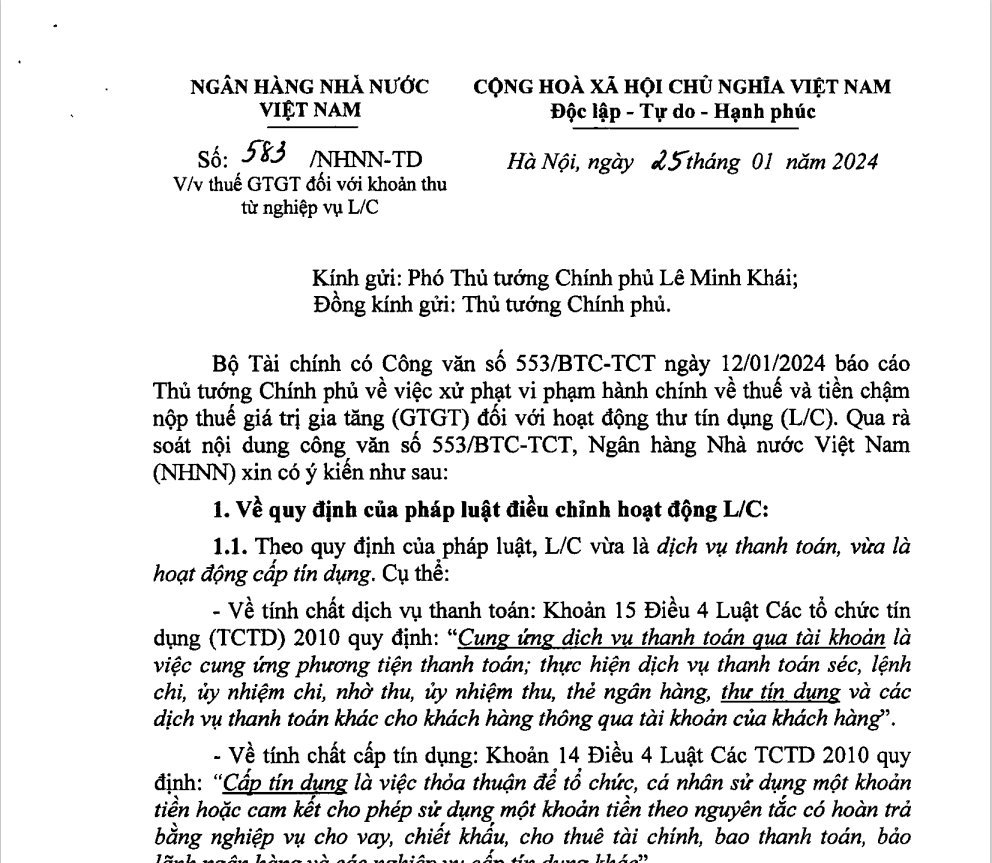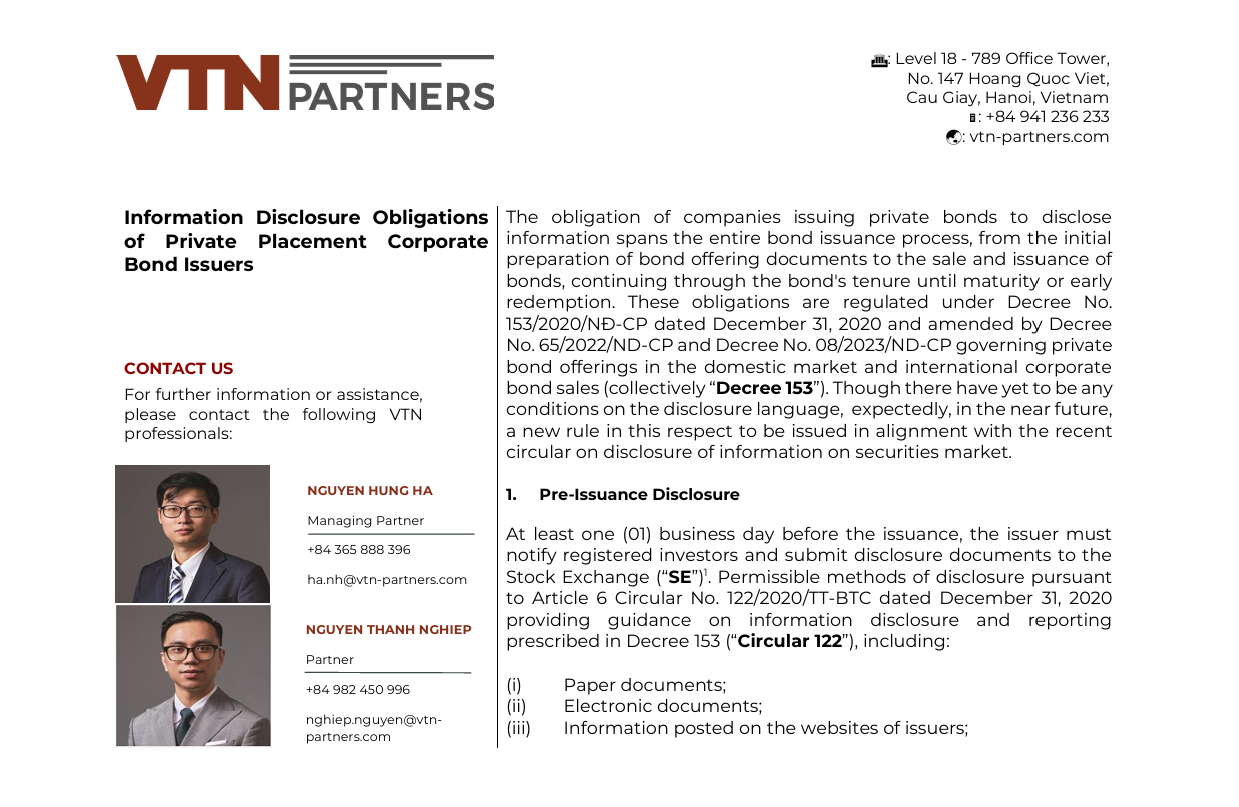In practice, various challenges arise in relation to the capital contributions made by company members. A particular focus is placed on disputes involving nominee shareholders contributing capital. These disputes can arise for various reasons, such as individuals wanting to establish a business but facing certain restrictions, foreign investors using Vietnamese individuals and organizations as nominees to optimize their business activities, or nominees contributing capital for financial gain. Therefore, determining the legality of member capital contributions is a complex issue with varying perspectives.
- Nominee Shareholders and the Law on Enterprise 2020
The Law on Enterprise 2020, in Article 4, Clause 18, defines capital contribution as the provision of capital to establish a new company or increase the capital of an existing one. It does not explicitly prohibit nominees from participating in registration and capital contributions to enterprises. However, it does emphasize that enterprises must ensure the accuracy of information in their registration applications and promptly correct any inaccuracies.[1] Despite this, the responsibility for the accuracy of information primarily falls on the enterprise, not its shareholders, which can lead to issues when nominees are involved.
- Nominee Shareholders and the Law on Investment 2020
Similarly, the Law on Investment 2020 does not explicitly forbid the act of nominating capital in investment activities. However, it stipulates consequences for investors engaging in investment activities through sham civil transactions.[2] Such actions can lead to the revocation of the Investment Registration Certificate (IRC) and, consequently, affect the Enterprise Registration Certificate (ERC) if the enterprise is established through an “investment to establish an economic organization.[3]”
Therefore, although there is no explicit prohibition on the nominee in investment activities, the consequences it brings from the nominee in contributing capital may be restricted.
- “Nominee Transactions” under the Civil Code 2015
In the context of nominee transactions, one of the conditions for an effective civil transaction is that “The purpose and contents of the transaction are not contrary to the law and/or social ethics“.[4] Moreover, the prohibition of the law is that the provisions of the law do not allow the subject to perform certain acts. [5]Accordingly, if the purpose of the nominee transaction is to conceal another transaction, this transaction is considered a false civil transaction and is null and void, while the concealed transaction remains valid unless the transaction is also null and void.[6]
However, determining which transactions are genuine and which are false can be challenging and often requires legal action to resolve disputes.
- Common Disputes Involving Nominee Shareholders in Capital Contribution
One notable case[7] involved a dispute over the allocation of contributed capital and the transfer of company management. In this case, Mr. Nguyen Manh H had Mr. Nguyen Manh D2 act as a nominee for contributed capital and the role of a company director to facilitate a loan application. The court determined that the transfer of contributed capital from Mr. H to Mr. D2 was not based on a genuine agreement but rather a discussion among the parties to complete the loan application. Consequently, the court ruled that Mr. Nguyen Manh H is a capital contribution member of the company and ordered the issuance of a Certificate of capital contribution to him.
- Risks Associated with Nominee Shareholders in Capital Contribution
Based on the aforementioned points and the mentioned case, using nominees for capital contributions carries several risks:
(i) Financial Responsibility: The individual investing capital has limited liability, meaning they are only liable for the amount contributed to the company. However, the capital contribution source ultimately comes from the principals, nominees will not suffer any losses.
(ii) Legal Responsibilities: Individuals holding management positions within the company (e.g., chairman, board members, directors) may face legal action from the company or other shareholders if their actions violate the company’s charter or result in errors during operations.
Legal references:
[1] Clause 3, Article 8 of the Law on Enterprise 2020
[2] Point e, Clause 2, Article 48 of the Law on Investment 2020
[3] Article 21 of the Law on Investment 2020
[4] Clause 1, Article 117 of the 2015 Civil Code
[5] Article 123 of the 2015 Civil Code
[6] Clause 1, Article 124 of the 2015 Civil Code
[7] Judgment No. 52/2021/KDTM-PT dated 08/12/2021 of the Ho Chi Minh High People’s Court








